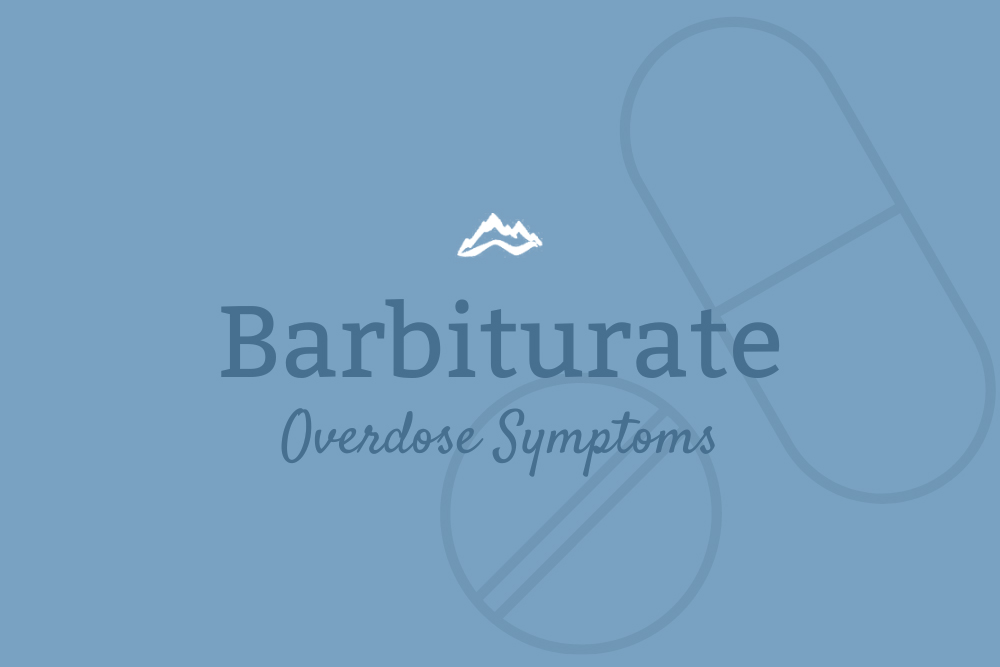Barbiturates are a class of sedatives that can treat seizures, anxiety and insomnia. In the 1950s, ‘60s and ‘70s, these drugs were so ubiquitous – especially among women – that the Rolling Stones immortalized them in their song “Mother’s Little Helper.”
Health professionals have since discovered benzodiazepines to be a safer alternative, which caused a dramatic decrease in barbiturate prescriptions. However, some people still use and misuse barbiturates to help them relax, fall asleep, induce euphoria or counteract the effects of stimulants such as cocaine and meth. Here’s what you need to know about these drugs.
Risks of Barbiturate Use
One reason barbiturates are much rarer now than they were in previous decades is that they proved to cause multiple problems, including abuse and addiction. Even short-term use can result in increased tolerance and physical dependence; people who frequently rely on barbiturates can experience severe withdrawal symptoms within eight to 15 hours of stopping the drug.
Historically, barbiturates also have an association with polysubstance abuse, which can compound the danger of using them. Taking barbiturates alongside other drugs like alcohol, opioids, stimulants or benzodiazepines can significantly increase the risk of accidental overdose.
Barbiturate Effects and Overdose Symptoms
Barbiturates’ effects can be unpredictable because there’s a such a slim margin between a dose that makes you pleasantly relaxed and sleepy and an amount that can cause coma or death.
Barbiturates suppress central nervous function, which controls your heart rate, blood pressure and respiration. They also slow down brain activity by releasing a chemical called gamma-aminobutyric acid. Combined, these effects can cause:
- Coordination problems and muscle weakness
- Confusion
- Dizziness or discoordination
- Nausea
- Slurred speech
- Slow heart rate
Many of the following barbiturate overdose symptoms are easy to spot if you know what to look for. Your quick response can get an overdose victim the lifesaving medical help they need. Call 911 and move the person into the recovery position while you wait for first responders to arrive. Do not assume an unconscious person can sleep it off – this misconception can be fatal.
Warning signs of a barbiturate overdose include:
- Shallow breathing, including gasping for breath
- Clammy skin
- Dilated pupils
- Thready, rapid pulse
- Coma
Outpatient Treatment and Transitional Living for Women in Prescott, Arizona
Barbiturates’ highly addictive nature and extremely uncomfortable withdrawal symptoms make them one of the most dangerous drugs to quit without plenty of help. Most people who have taken barbiturates medicinally or recreationally and developed a physical or psychological dependence benefit from an evidence-based recovery plan.
At Canyon Crossing, we make it possible for women to overcome addiction to barbiturates and other drugs like alcohol and opioids. We also provide mental health care for co-occurring conditions such as trauma, anxiety and depression.
Since women experience addiction and mental illness differently than men, it can be highly beneficial for you to receive treatment in a single-gender environment. Here, you can fully focus on developing the life skills you need to recover while making new friends who will serve as the backbone of your sober support network. If you are ready to discover the freedom, integrity and grace that come with addiction recovery, our accredited rehab is here to help you with scientifically backed practices delivered by clinical experts. Contact us today to learn more.



